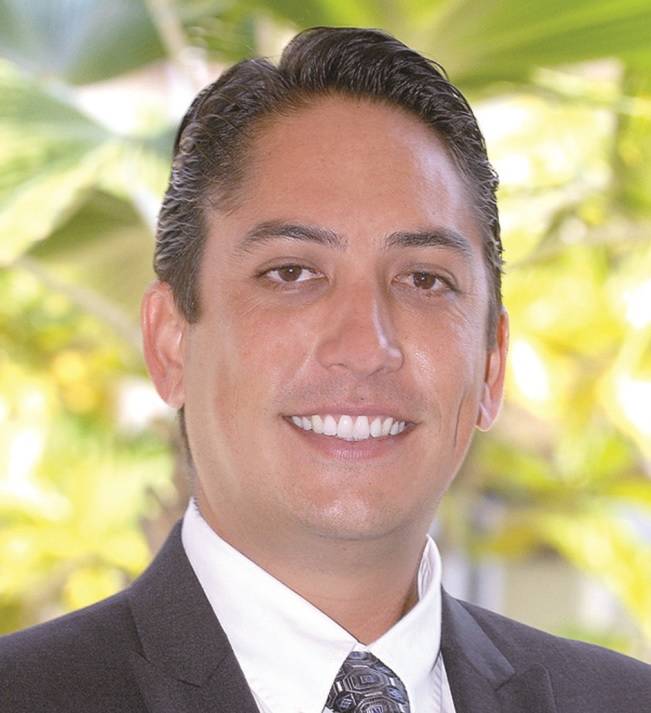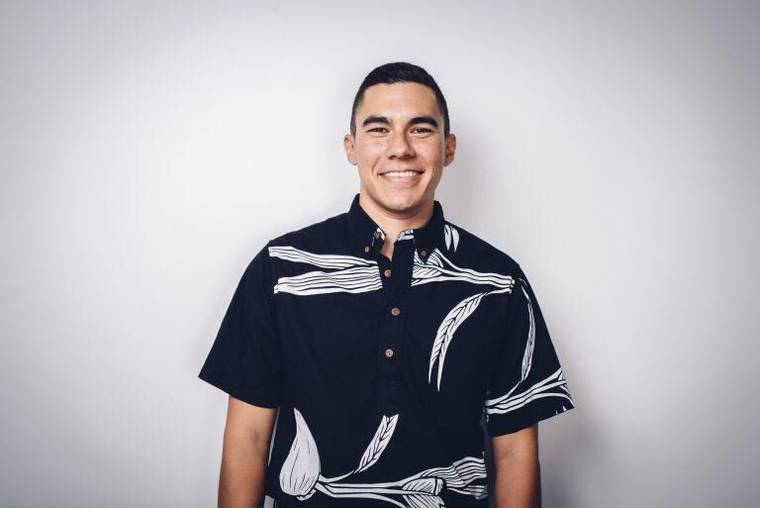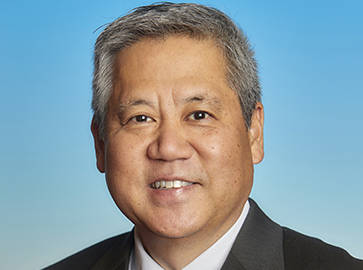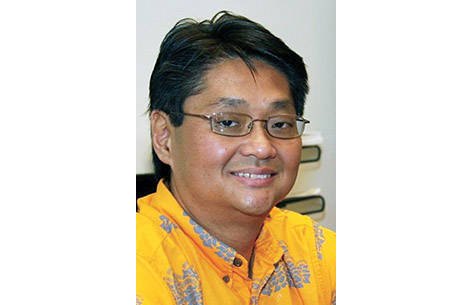In a year where an economic downturn brought on by the coronavirus pandemic has the government scrambling for revenue, a pair of gambling-related bills — usually a nonstarter in the state Legislature — are scheduled for hearings.
House Bill 359, which would grant a 40-year gaming license for a integrated resort and casino on a Department of Hawaiian Homes Lands parcel zoned for commercial use in Kapolei, Oahu, will be heard by the Economic Development Committee at 9:30 a.m. today at the state capitol in Honolulu.
The bill, the brainchild of Tyler Gomes, deputy Hawaiian Homes Commission chairman, was introduced by House Speaker Scott Saiki, an Oahu Democrat.
Gomes touts the legislation as a way for the cash-strapped department to bolster its mission to put beneficiaries of 50% or more Hawaiian blood — many of whom have been on a wait list for decades — into homes.
The controversial measure, which also would establish the Hawaiian Gaming Commission, would impose a 45% tax on gross gaming revenue and create a state gaming fund.
The bill also been referred to the House Judiciary and Hawaiian Affairs Committee, chaired by Democrat Rep. Mark Nakashima of Hamakua, and the House Finance Committee.
A companion bill, Senate Bill 1321, has passed its first reading and has been scheduled for a hearing at 1 p.m. Feb. 11 by the Hawaiian Affairs Committee.
DHHL estimates the resort-casino combination would generate at least $30 million in revenue.
Opponents, including Gov. David Ige, have warned about the social ills accompanying casino gambling, including increases in alcohol and drug abuse, gambling addiction and prostitution.
Khara Jabola-Carolus, executive director of the Hawaii State Commission on the Status of Women, recently published a paper called “Gambling With Women’s Safety: A Feminist Assessment of Proposed Resort-Casino.”
“Native Hawaiian, immigrant and impoverished women, LGBTQ people and children living in geographic proximity to the resort-casino are likely to experience the most gambling harm, such as problem gambling, domestic violence, child abuse, sexual assault and sex trafficking,” Jabola-Carolus wrote in the nine-page paper.
In addition, Sen. Mike Gabbard, an Oahu Democrat who represents the district in which DHHL plans to develop the casino, and Sen. Kurt Fevella, a Republican representing neighboring Ewa Beach and the Senate minority leader, oppose the proposal. Fevella led a small band of demonstrators outside last month’s commission meeting.
Rep. Gene Ward, a Republican from East Honolulu, introduced HB 1396 in response to those companion measures. Ward’s bill would prohibit the construction and operation of casino gaming and wagering on DHHL parcels.
Ward’s bill has been referred to the Economic Development, Judiciary and Hawaiian Affairs, and Finance committees, but hadn’t been scheduled for a hearing as of Thursday.
Another approach to casino development is proposed in HB 772, introduced by Rep. John Mizuno, a Democrat who represents Kalihi and Kamehameha Heights on Oahu.
Mizuno’s measure would grant a 10-year license for standalone, members-only casino in Waikiki, not attached to a hotel.
The bill, if passed, would allow guests 21 and over who register to stay a day and a night at an Oahu hotel to have a $20-per-day casino admission pass. It also would impose a wagering tax on gross receipts and create a state gaming fund and compulsive gambler program.
The bill has been referred to the Economic Development, Consumer Protection and Commerce, Judiciary and Hawaiian Affairs, and Finance committees, but hadn’t been scheduled for a hearing as of Thursday.
Meanwhile, other bills introduced in the state Legislature would legalize lottery gambling.
The establishment of a Hawaii lottery and gaming corporation is the focus of HB 363 and its companion measure, SB 561.
Proceeds from a lottery would be allocated to capital improvements in public schools and the University of Hawaii system and would, among other things, repay educational loans for medical students who practice in Hawaii for 10 years and support the family practice rural residence program, watershed protection and gambling addiction prevention and reduction.
The House version was introduced by Saiki at the request of another party, while the Senate version was introduced by Sens. Gilbert-Keith Agaran of Maui and Clarence of Nishihara of Leeward Oahu, both Democrats.
Both bills have received committee referrals, but neither had been scheduled for hearings as of Thursday.
SB 853, introduced by Democrat Sen. Dru Kanuha, who represents Kona and Ka‘u, would create a lottery division within the Department of Budget and Finance to enter Hawaii in the multi-state Powerball and Mega Millions lottery games.
Lottery profits would be allocated to the general fund and would be used to create a lottery prizes revolving fund.
Kanuha pointed to “historic budget shortfalls as a result of the COVID-19 pandemic,” and added his bill would provide the state the opportunity, through Mega Millions and Powerball, “to fund improvements for our public schools and programs at the University of Hawaii, along with watershed protection and resources for the reduction and prevention of problem gambling.”
“Improving the resources available to our Hawaii Island community has always been a priority of mine, and I look forward to continuing the conversation about this measure at the Legislature,” he said.
Kanuha’s bill also has received committee referrals but hadn’t been scheduled for a hearing as of Thursday.
Email John Burnett at jburnett@hawaiitribune-herald.com.













